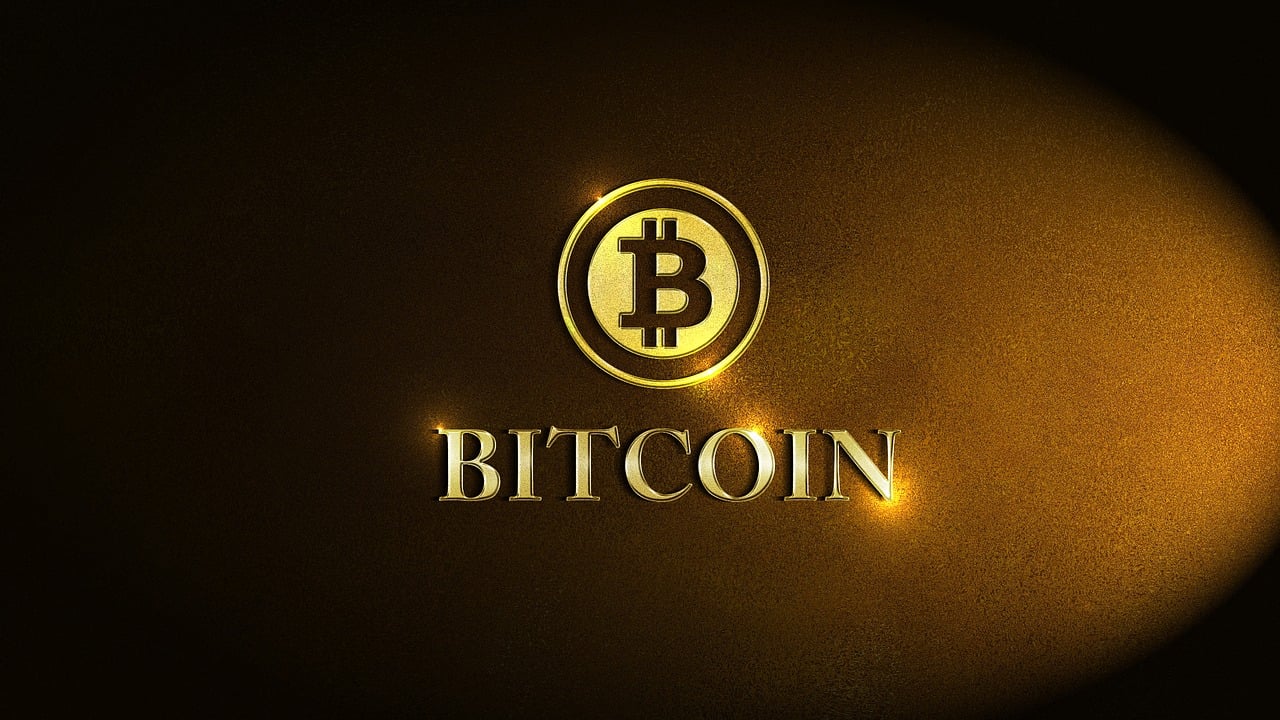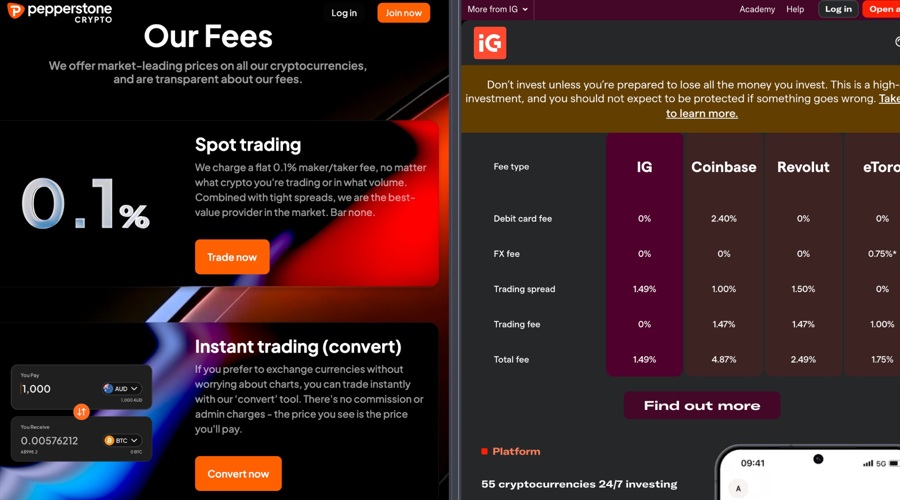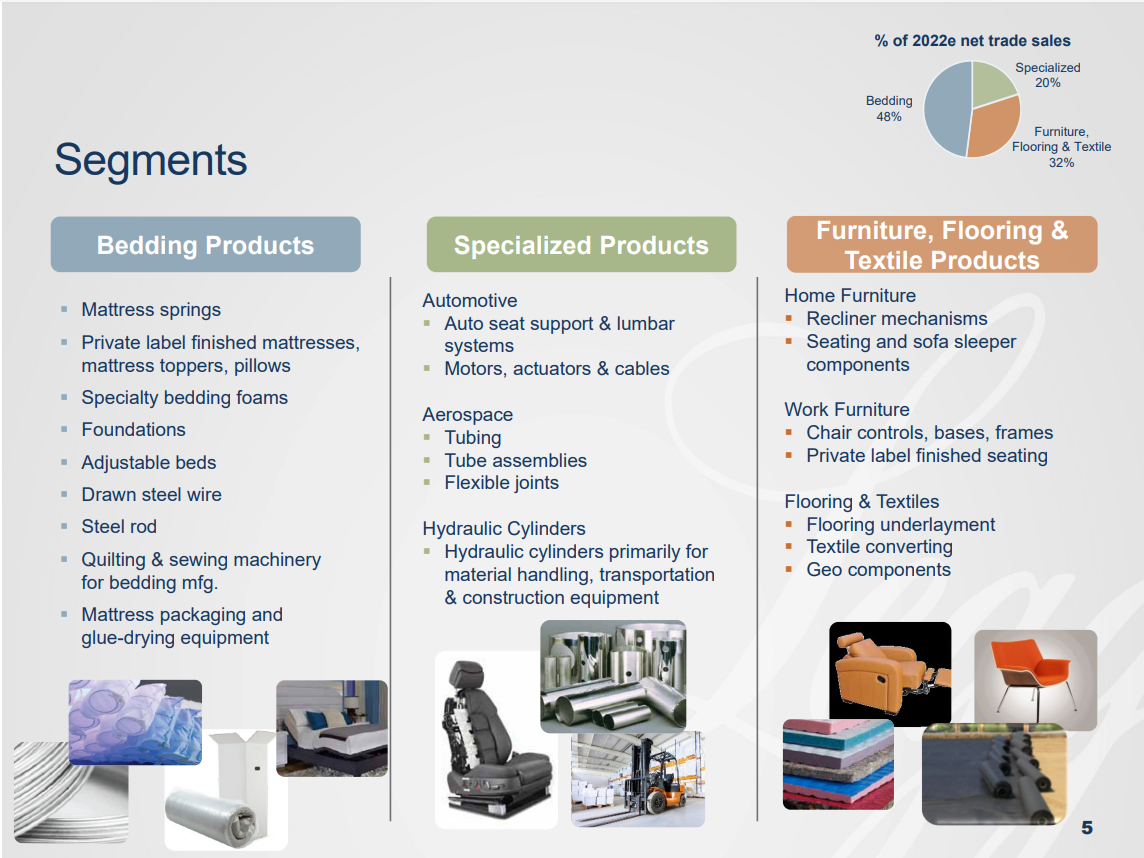Ethereum, the
second-largest cryptocurrency by market capitalization, is known for its smart
contract capabilities, which enable for the development of decentralized
applications (dApps) on its blockchain.
However, as
blockchain technology becomes more widely used, other smart contract platforms
are emerging as possible competitors to Ethereum. In this post, we will look at
the competition among smart contract platforms as well as Ethereum’s possible
competitors.
Ethereum’s
smart contract platform is one of the industry’s most established and widely
used. It’s been used to build dApps in a variety of industries, including
finance, gaming, and supply chain management.
The platform’s
success can be ascribed to its accessibility and the large developer community
that contributes to its development and upkeep.
However,
several new competitors are challenging Ethereum’s supremacy in the smart
contract platform market.
Competitors
to Ethereum’s Smart Contract Platform
Cardano
Cardano is a
decentralized blockchain platform that debuted in 2017. Charles Hoskinson, one
of Ethereum’s co-founders, invented it. The network employs a proof-of-stake
consensus process, which is more energy-efficient than Ethereum’s proof-of-work
mechanism. Cardano also claims to be more scalable than Ethereum, with a
transaction rate of up to 257 per second.
Polkadot
Polkadot is a
multi-chain platform that began operations in 2020. It was developed by Gavin
Wood, who was also a co-founder of Ethereum. The platform employs a novel
sharding method that allows for parallel transaction processing, making it more
scalable than Ethereum.
Polkadot also
enables blockchain interoperability, allowing for smooth communication and data
transfer across them.
Binance
Smart Chain
Binance Smart
Chain is a blockchain technology that was introduced in 2020 by the
cryptocurrency exchange Binance. It employs a proof-of-staked authority
consensus mechanism, which is more efficient and less energy-intensive than
Ethereum’s proof-of-work process. Binance Smart Chain is also less expensive
than Ethereum, with lower transaction gas fees.
Solana
Solana, which was
introduced in 2020, is a high-performance blockchain platform. It employs a
novel consensus technique known as Proof of History, which enables rapid and
secure transaction processing. Solana promises to be one of the quickest
blockchain platforms today, capable of processing up to 65,000 transactions per
second.
Ethereum’s
Rivals’ Opportunities and Challenges
While these new
smart contract platforms threaten Ethereum’s supremacy, they also bring
substantial potential and difficulties.
Opportunities
As new
platforms arise, there is a potential for innovation and the development of new
features and capabilities that can benefit the blockchain ecosystem as a whole.
·
Scalability:
Many of these platforms are working to improve their scalability, which is a
major hurdle for Ethereum. If such solutions are successfully implemented, they
may attract developers and users who want rapid and efficient transaction
processing.
·
Cost:
Some platforms are focusing on lowering transaction costs, which may entice
developers and consumers who are put off by Ethereum’s high gas fees.
Challenges
Ethereum’s
supremacy is due in part to the network effects that have built around its
platform. Many developers and users are already familiar with Ethereum, which
makes developing and deploying dApps on its platform easier. It will be
difficult for new platforms to overcome the network effect and gain a large
user base.
·
Security:
Ethereum has been through many battles and has a solid security infrastructure
in place. New platforms may lack the same level of protection and be subject to
cyber attacks.
·
Adoption:
Creating a successful smart contract platform necessitates not only technology
but also a developer and user community. It will be difficult for new platforms
to attract and retain this community, especially given that established
platforms such as Ethereum already have a big and loyal community.
Will Ethereum
2.0 blow its competition out of the water?
Ethereum 2.0 is
a major upgrade that promises to deliver significant improvements in
scalability, security, and sustainability.
One of the most
significant changes is the shift to a proof-of-stake (PoS) consensus mechanism,
which is expected to make the network more energy-efficient and secure.
Moreover, and what
perhaps is the key differentiating element, Ethereum 2.0 will introduce
sharding, which will divide the network into smaller pieces, enabling it to
process more transactions in parallel.
When taking a
closer look at how Ethereum 2.0 compares to Cardano, Solana, and Polkadot, the
advantage given by ETH 2.0 sharding becomes evident.
ETH 2.0 VS Cardano
Cardano is a
third-generation blockchain that was created to address the scalability and
sustainability issues of existing blockchains.
The Cardano
platform uses a PoS consensus mechanism, which is similar to Ethereum 2.0. However,
Cardano has gave the PoS model a twist by using a rather unique approach called
Ouroboros, which is designed to be more secure and energy-efficient than other
PoS implementations.
But while
Cardano may be an impressive platform, it seems it won’t be able to match the
speed and efficiency of Ethereum 2.0.
Ethereum 2.0’s
sharding approach is expected to enable it to process up to 100,000
transactions per second, while Cardano’s current capacity is limited to just
257 transactions per second.
ETH 2.0 VS Solana
Solana is
another third-generation blockchain that aims to address the scalability
limitations of existing blockchains. The Solana platform uses a unique
consensus mechanism called Proof of History (PoH), which is designed to enable
high-speed processing of transactions.
Solana can
process up to 65,000 transactions per second, which is significantly higher
than Ethereum’s current capacity but lower than what ETH 2.0 promises to
deliver.
This happens because while Solana’s processing speed is impressive, Ethereum 2.0’s sharding capabilities
are expected to give a massive boost to its transaction speed.
Additionally,
Ethereum 2.0’s shift to PoS is expected to make the network more
energy-efficient and secure than Solana’s PoH consensus mechanism.
ETH 2.0 VS Polkadot
Polkadot is a
third-generation blockchain that aims to enable interoperability between
different blockchains.
The Polkadot
platform also uses a unique sharding approach which makes this blockchain duel much more interesting.
Polkadot enables multiple chains to run in
parallel, enabling interoperability between them. This feature is intended to
enable different blockchains to communicate and interact with each other more
seamlessly, which is currently a major limitation in the blockchain space.
Moreover, Polkadot is able to provide stronger guarantees than ETH 2.0 with fewer validators per shard, which is an incredible feat many seem to overlook.
But while
Polkadot’s vision of interoperability is unique and promises to deliver more TPS than ETH 2.0, one can’t rule out Ethereum just yet as it has a large and active developer community which expected to continue to
drive innovation and development on the platform.
Conclusion
As blockchain
technology becomes more widely adopted, new smart contract platforms are likely
to emerge as possible competitors to Ethereum. While Ethereum has tremendous
market domination, it is not indestructible.
The advent of
new platforms opens up new avenues for innovation and advancement in the
blockchain ecosystem as a whole. These systems, however, present substantial
hurdles, such as network effects, security, and acceptance.
Finally, the
ability of any smart contract platform to attract and sustain a loyal community
of developers and users will determine its success. While Ethereum’s
competitors may have certain benefits in terms of scalability, cost, and
creativity, they may find it difficult to overcome the network effects that
have built around the Ethereum platform.
Only time will
tell whether platform emerges as the dominating force in the market for smart
contract platforms.
Ethereum, the
second-largest cryptocurrency by market capitalization, is known for its smart
contract capabilities, which enable for the development of decentralized
applications (dApps) on its blockchain.
However, as
blockchain technology becomes more widely used, other smart contract platforms
are emerging as possible competitors to Ethereum. In this post, we will look at
the competition among smart contract platforms as well as Ethereum’s possible
competitors.
Ethereum’s
smart contract platform is one of the industry’s most established and widely
used. It’s been used to build dApps in a variety of industries, including
finance, gaming, and supply chain management.
The platform’s
success can be ascribed to its accessibility and the large developer community
that contributes to its development and upkeep.
However,
several new competitors are challenging Ethereum’s supremacy in the smart
contract platform market.
Competitors
to Ethereum’s Smart Contract Platform
Cardano
Cardano is a
decentralized blockchain platform that debuted in 2017. Charles Hoskinson, one
of Ethereum’s co-founders, invented it. The network employs a proof-of-stake
consensus process, which is more energy-efficient than Ethereum’s proof-of-work
mechanism. Cardano also claims to be more scalable than Ethereum, with a
transaction rate of up to 257 per second.
Polkadot
Polkadot is a
multi-chain platform that began operations in 2020. It was developed by Gavin
Wood, who was also a co-founder of Ethereum. The platform employs a novel
sharding method that allows for parallel transaction processing, making it more
scalable than Ethereum.
Polkadot also
enables blockchain interoperability, allowing for smooth communication and data
transfer across them.
Binance
Smart Chain
Binance Smart
Chain is a blockchain technology that was introduced in 2020 by the
cryptocurrency exchange Binance. It employs a proof-of-staked authority
consensus mechanism, which is more efficient and less energy-intensive than
Ethereum’s proof-of-work process. Binance Smart Chain is also less expensive
than Ethereum, with lower transaction gas fees.
Solana
Solana, which was
introduced in 2020, is a high-performance blockchain platform. It employs a
novel consensus technique known as Proof of History, which enables rapid and
secure transaction processing. Solana promises to be one of the quickest
blockchain platforms today, capable of processing up to 65,000 transactions per
second.
Ethereum’s
Rivals’ Opportunities and Challenges
While these new
smart contract platforms threaten Ethereum’s supremacy, they also bring
substantial potential and difficulties.
Opportunities
As new
platforms arise, there is a potential for innovation and the development of new
features and capabilities that can benefit the blockchain ecosystem as a whole.
·
Scalability:
Many of these platforms are working to improve their scalability, which is a
major hurdle for Ethereum. If such solutions are successfully implemented, they
may attract developers and users who want rapid and efficient transaction
processing.
·
Cost:
Some platforms are focusing on lowering transaction costs, which may entice
developers and consumers who are put off by Ethereum’s high gas fees.
Challenges
Ethereum’s
supremacy is due in part to the network effects that have built around its
platform. Many developers and users are already familiar with Ethereum, which
makes developing and deploying dApps on its platform easier. It will be
difficult for new platforms to overcome the network effect and gain a large
user base.
·
Security:
Ethereum has been through many battles and has a solid security infrastructure
in place. New platforms may lack the same level of protection and be subject to
cyber attacks.
·
Adoption:
Creating a successful smart contract platform necessitates not only technology
but also a developer and user community. It will be difficult for new platforms
to attract and retain this community, especially given that established
platforms such as Ethereum already have a big and loyal community.
Will Ethereum
2.0 blow its competition out of the water?
Ethereum 2.0 is
a major upgrade that promises to deliver significant improvements in
scalability, security, and sustainability.
One of the most
significant changes is the shift to a proof-of-stake (PoS) consensus mechanism,
which is expected to make the network more energy-efficient and secure.
Moreover, and what
perhaps is the key differentiating element, Ethereum 2.0 will introduce
sharding, which will divide the network into smaller pieces, enabling it to
process more transactions in parallel.
When taking a
closer look at how Ethereum 2.0 compares to Cardano, Solana, and Polkadot, the
advantage given by ETH 2.0 sharding becomes evident.
ETH 2.0 VS Cardano
Cardano is a
third-generation blockchain that was created to address the scalability and
sustainability issues of existing blockchains.
The Cardano
platform uses a PoS consensus mechanism, which is similar to Ethereum 2.0. However,
Cardano has gave the PoS model a twist by using a rather unique approach called
Ouroboros, which is designed to be more secure and energy-efficient than other
PoS implementations.
But while
Cardano may be an impressive platform, it seems it won’t be able to match the
speed and efficiency of Ethereum 2.0.
Ethereum 2.0’s
sharding approach is expected to enable it to process up to 100,000
transactions per second, while Cardano’s current capacity is limited to just
257 transactions per second.
ETH 2.0 VS Solana
Solana is
another third-generation blockchain that aims to address the scalability
limitations of existing blockchains. The Solana platform uses a unique
consensus mechanism called Proof of History (PoH), which is designed to enable
high-speed processing of transactions.
Solana can
process up to 65,000 transactions per second, which is significantly higher
than Ethereum’s current capacity but lower than what ETH 2.0 promises to
deliver.
This happens because while Solana’s processing speed is impressive, Ethereum 2.0’s sharding capabilities
are expected to give a massive boost to its transaction speed.
Additionally,
Ethereum 2.0’s shift to PoS is expected to make the network more
energy-efficient and secure than Solana’s PoH consensus mechanism.
ETH 2.0 VS Polkadot
Polkadot is a
third-generation blockchain that aims to enable interoperability between
different blockchains.
The Polkadot
platform also uses a unique sharding approach which makes this blockchain duel much more interesting.
Polkadot enables multiple chains to run in
parallel, enabling interoperability between them. This feature is intended to
enable different blockchains to communicate and interact with each other more
seamlessly, which is currently a major limitation in the blockchain space.
Moreover, Polkadot is able to provide stronger guarantees than ETH 2.0 with fewer validators per shard, which is an incredible feat many seem to overlook.
But while
Polkadot’s vision of interoperability is unique and promises to deliver more TPS than ETH 2.0, one can’t rule out Ethereum just yet as it has a large and active developer community which expected to continue to
drive innovation and development on the platform.
Conclusion
As blockchain
technology becomes more widely adopted, new smart contract platforms are likely
to emerge as possible competitors to Ethereum. While Ethereum has tremendous
market domination, it is not indestructible.
The advent of
new platforms opens up new avenues for innovation and advancement in the
blockchain ecosystem as a whole. These systems, however, present substantial
hurdles, such as network effects, security, and acceptance.
Finally, the
ability of any smart contract platform to attract and sustain a loyal community
of developers and users will determine its success. While Ethereum’s
competitors may have certain benefits in terms of scalability, cost, and
creativity, they may find it difficult to overcome the network effects that
have built around the Ethereum platform.
Only time will
tell whether platform emerges as the dominating force in the market for smart
contract platforms.
















